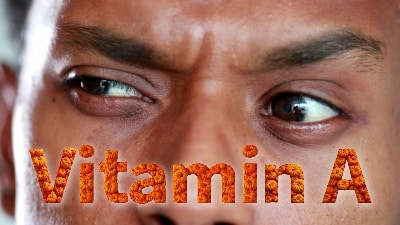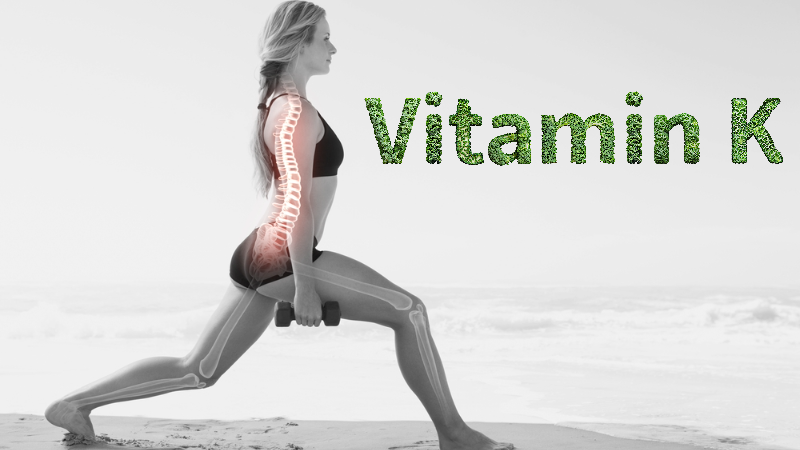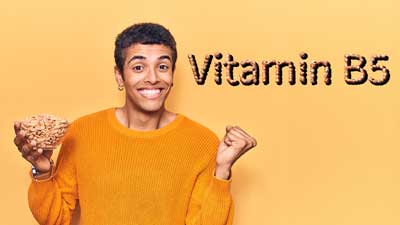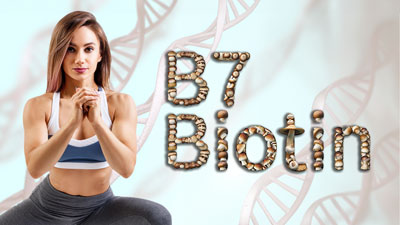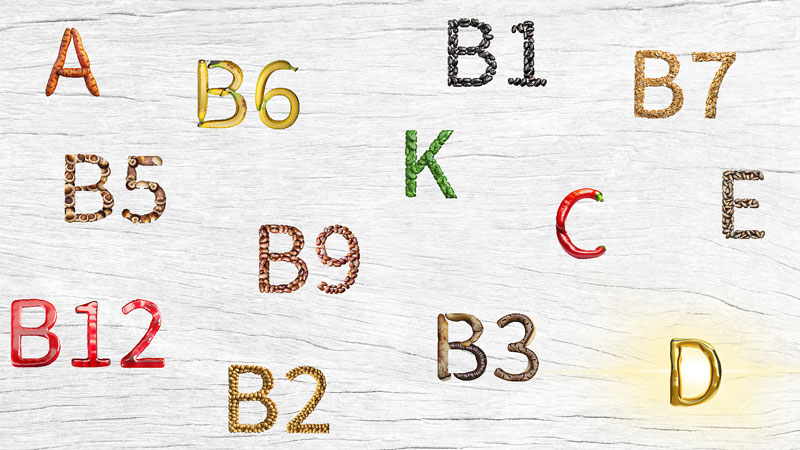
We know we need vitamins to stay healthy. In fact, we need these 13 essential nutrients to help our body cells function, grow and develop properly. Still, a lot of people take supplements and enriched foods and call it a day. What they don’t know is that the top source of most of these nutrients is and will always be whole foods, particularly whole, plant-based foods.
Take vitamin A, for instance. Our body can make it from beta-carotene, which is present in orange fruits and vegetables, and in dark leafy greens. Yet, if we take a supplement, we will likely get it as preformed retinol, which often leads to toxicity. Same goes for folate, highly present in legumes and dark leafy greens, yet if we get it as folic acid, it can lead to toxicity and even cancer.
Also, the Food and Drug Administration does not oversee the supplements industry, which means that there is no guarantee that the nutrients listed on labels are actually present in those pills, or that the amounts listed are accurate. This means that you could be taking multivitamins daily and be deficient, or you could be taking toxic amounts without even knowing.
There is just one vitamin we absolutely need to supplement when following a plant-based diet, and that’s vitamin B12. This vitamin is made by bacteria, and is not present in plants. Some people also need to supplement vitamin D if they’re not getting enough sun exposure.
Besides these two, the best way to get all other essential vitamins is to eat a balanced whole-food, plant-based diet that includes the different whole-food groups listed on this website. Our body will absorb what it needs and excrete the rest, thus avoiding toxicity. And all these nutrients will have an amazing synergistic effect on our health.
Click on each nutrient below to learn what it does for your body; how much you and your family members need according to your age and gender; what its top whole-food, plant-based sources are, and some important facts to keep in mind.
Fat-Soluble Vitamins
Water-Soluble Vitamins
These vitamins dissolve in water, so we don’t need fats to absorb them. However, we do need to replenish them regularly because, except for vitamin B12, they are not stored in our body and are easily lost through urine.

